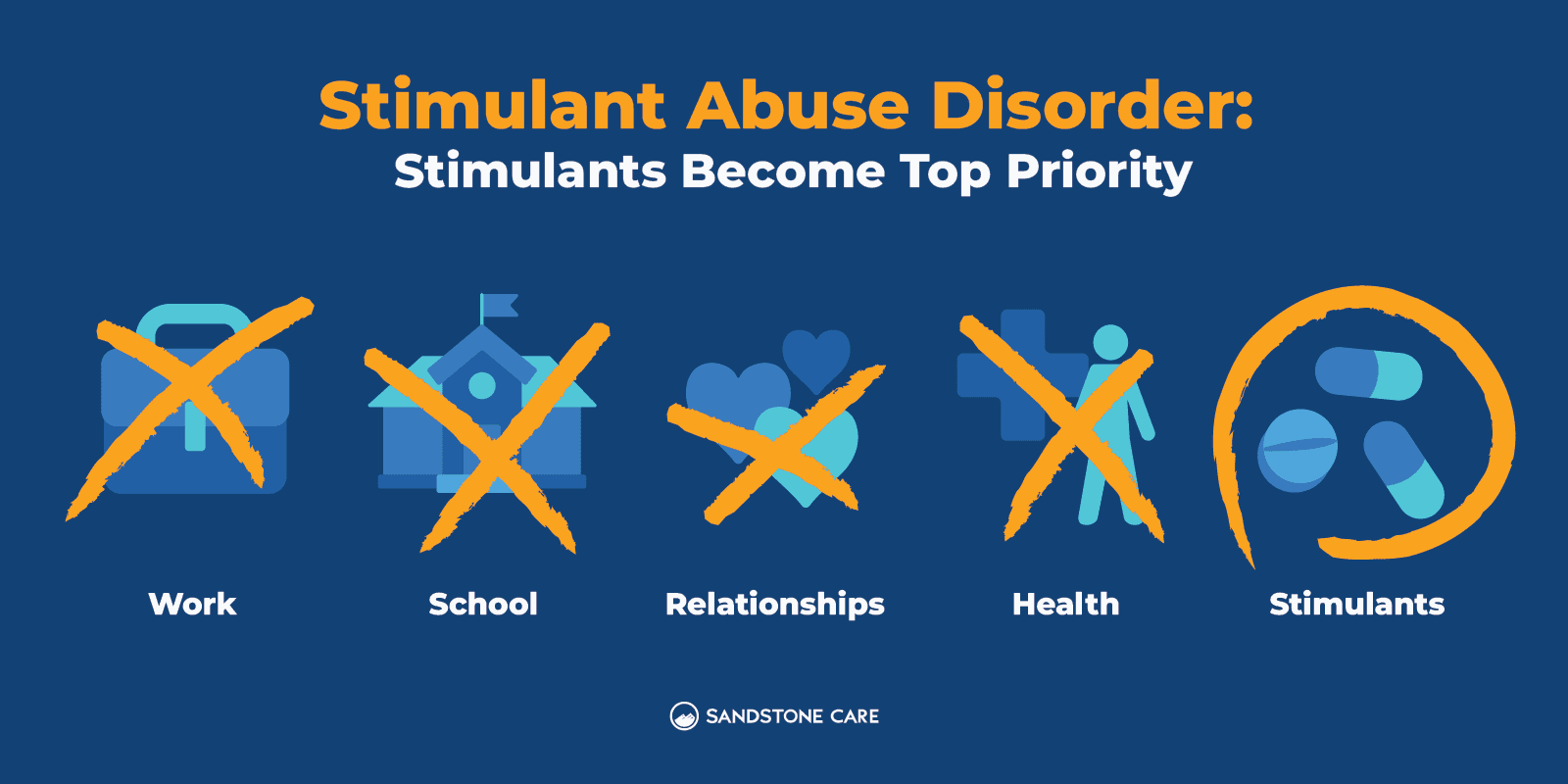
A. Psychostimulant Use Disorder (PSUD)
PSUD is characterized by the compulsive use of substances like amphetamines and cocaine, in which the user consumes the substance in amounts or methods that are harmful to themselves or others. PSUD is associated with enduring changes in synaptic function and structure, termed neuroplasticity.
A. The Paper
A Review On The Role Of Metabotropic Glutamate Receptors In Neuroplasticity Following Psychostimulant Use Disorder explores the intricate relationship between metabotropic glutamate receptors (mGluRs) and neuroplasticity in the context of psychostimulant use disorder. Understanding how mGluRs modulate neuroplasticity in PSUD is crucial for developing targeted therapeutic interventions.
The article begins by highlighting the role of mGluRs in regulating synaptic transmission and plasticity. mGluRs are divided into three groups (I, II, and III), each exerting distinct effects on neuronal activity. Group I mGluRs (mGluR1 and mGluR5) are primarily postsynaptic and potentiate excitatory transmission, whereas groups II and III primarily inhibit neurotransmitter release.
The paper then specifies the alterations in mGluR signaling observed in PSUD. Preclinical studies have shown dysregulation of mGluRs, particularly group I, in brain regions implicated in addiction, such as the prefrontal cortex and nucleus accumbens. These changes contribute to maladaptive synaptic plasticity underlying addictive behaviors.
After that, the paper examines the bidirectional modulation of neuroplasticity by mGluRs in PSUD. On one hand, excessive glutamatergic transmission associated with PSUD leads to aberrant activation of mGluRs, promoting synaptic strengthening and addiction-related behaviors. On the other hand, activation of mGluRs can also induce synaptic depression and inhibit drug-seeking behavior, suggesting a potential therapeutic target.
C. Treatment
Treating addiction to stimulants is critical, but especially challenging. Unlike opioids, there is no FDA-approved medication currently available for stimulant use disorders.
The paper suggests the potential of mGluR-based pharmacotherapies for treating PSUD. Preclinical studies have demonstrated the efficacy of mGluR agonists and positive allosteric modulators in attenuating drug-seeking behavior and relapse. However, clinical trials have yielded mixed results, highlighting the need for further research into the precise mechanisms underlying mGluR modulation of neuroplasticity in PSUD.
References:
